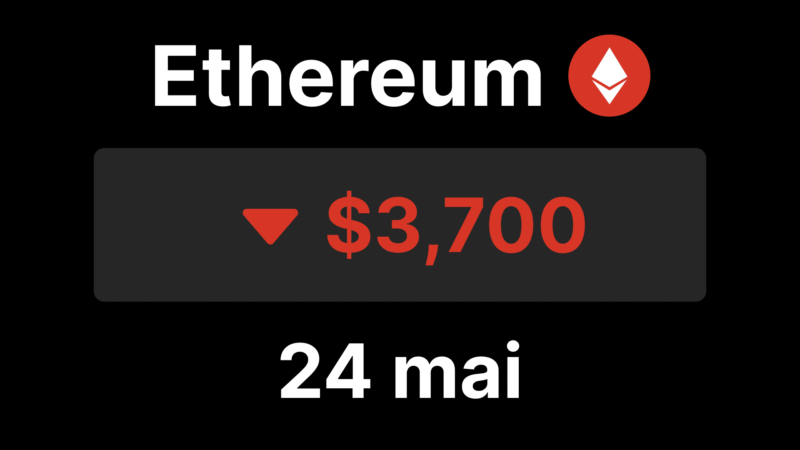The Bank of Israel on Friday published draft guidelines related to cryptocurrencies. Specifically, the draft addresses “Anti-Money Laundering/Combating the Financing of Terrorism (AML/CFT) risks for banks facilitating cryptocurrency transactions” in the words of the Bank of Israel.
The Bank of Israel is the central bank of Israel. Among other things, it is in charge of financial stability in Israel and as such can issue recommendations to local banks in the country.
It explains that this project complies with the AML and CFT regulations in force since November 2021 in Israel. Overall, these programs strengthen the fight against money laundering and the financing of illegal activities by imposing numerous obligations on crypto companies that manage funds.
What does the Israeli Bank’s draft guidelines on cryptos say?

This project provides for two key measures with which all local banks in the country will have to comply.
Indeed, banks will have to :
- conduct risk analyses, determine policies and procedures for the transfer of money originating from or destined for cryptos and identify the crypto service provider. The effect of this first measure is that banks will no longer be able to refuse the deposit of cryptos without conducting these various analyses and will have to verify the source of the funds, among other things. In addition, each case, each company that complies with its obligations, will have to be evaluated individually: a general refusal will no longer be allowed
- The second measure focuses on the source of funds used to purchase cryptos. It is nothing less than tracing the origin of funds to detect suspicious activities/transactions. Specifically, banks will have to trace the origin of funds from the purchase of cryptos to their subsequent conversion into fiat currency as well as when deposited into a bank account. In other words, banks will have to trace any movement made to or with cryptos
The Bank of Israel clarifies that this draft is not yet complete. Distributed this week to the Advisory Council on Banking Issues, the final directive will be published after receiving its comments. Also, the public will have its say! All comments will be welcome for further work.
Why are Israeli banks wary of cryptos?
This proposed regulation appears to be a real paradigm shift in Israel. It is certainly only a start, but it paves the way for a more general acceptance of cryptos in the future.

It should be noted that since the emergence of cryptos, Israeli banks are wary and clearly display their septicism. The main reason? They consider that cryptos promote and facilitate money laundering because of the anonymity they allow to guarantee. For this reason, deposits in cryptos, for example bitcoins, were initially prohibited.
For example, banks initially and systematically refused the deposit of profits generated by activities related to cryptocurrencies.
However, since January 2022 the Israeli Central Bank obliges the country’s banks to analyze, at the time of each deposit of profits generated thanks to crypto activities, the situation on the basis of different criteria. Thus, they can no longer systematically refuse the deposit of cryptos, these deposits being prohibited only in case of money laundering, suspicious activities or transactions.
Today, the Central Bank of Israel is therefore taking another step towards the world of crypto-currencies by putting pragmatism and the economic reality of the market ahead of its reticence, although it does not disavow its fears.
According to some locals, this project is certainly the first step in legalizing and regulating the relationship between banks and virtual currency service providers (VASPs) in Israel.




